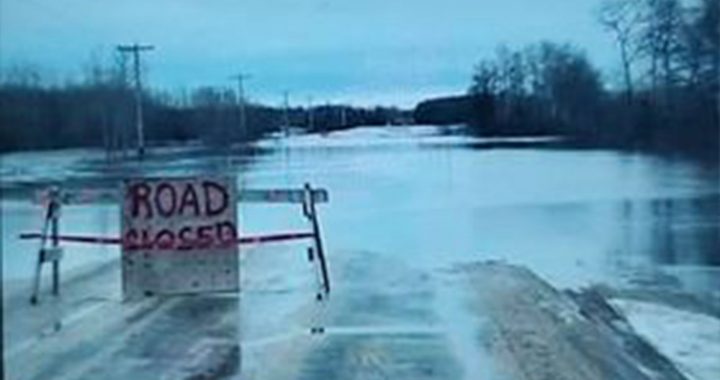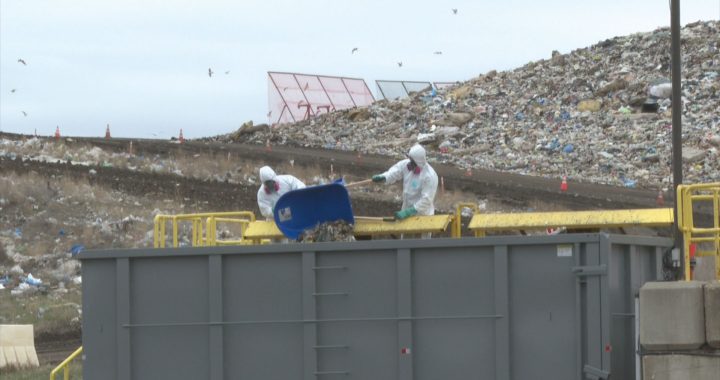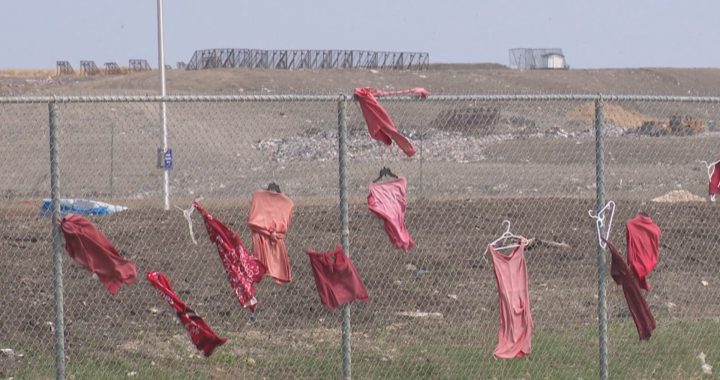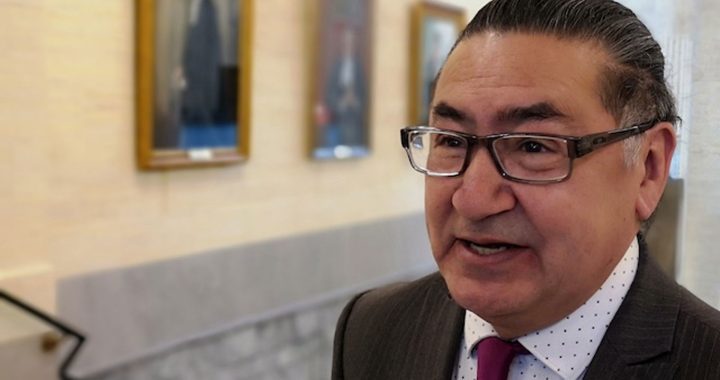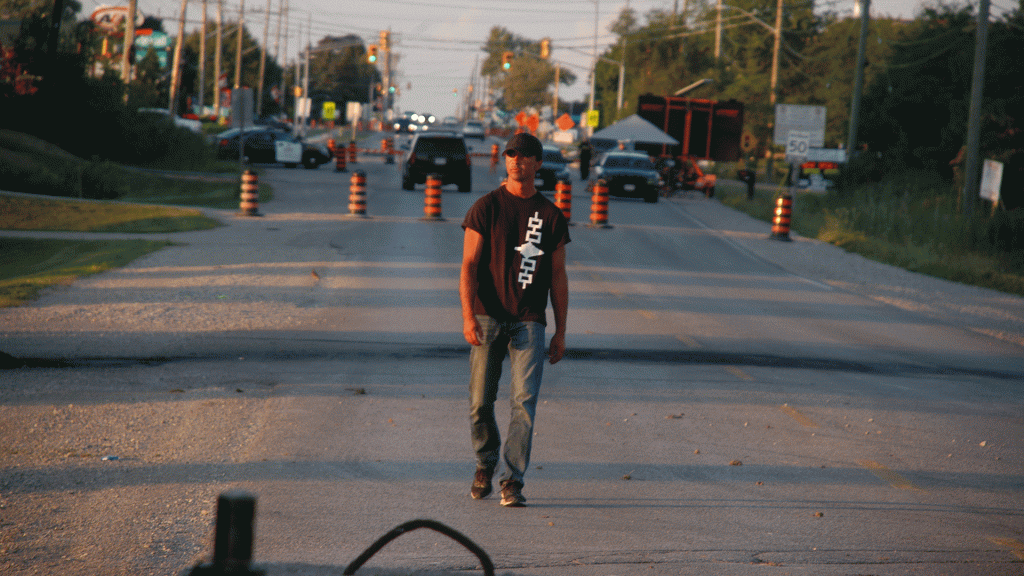
Skyler Williams walking towards the main blockade at 1492 Land Back Lane at Caledonia in 2020. Photo: APTN file
Skyler Williams became a free man last Friday when a judge relied on Haudenosaunee law to determine if his actions at 1492 Land Back Lane were against the public interest.
Williams had pleaded guilty to three criminal charges – failure to comply with an undertaking, failure to comply with a release order, and mischief – related to his role in stopping the construction of a subdivision in Caledonia, Ont.
Williams, who is Mohawk from Six Nations, served as a spokesperson for the 1492 Land Back Lane encampment. The encampment said the land at the heart of the dispute is unceded Haudenosaunee territory.
In the case, Justice Gethin Edward said the court would rely on the application of Haudenosaunee law to determine whether Williams was acting in the best interest of the public and welcomed comments from expert knowledge keepers to define “the public.”
In her expert testimony, Indigenous lawyer Beverly Jacobs outlined the significance of caretakers of the land under Haudenosaunee law. “You call them protesters, we call them protectors of land and territories,” said Jacobs.
In the court document obtained by APTN News, Edward felt that Haudenosaunee law applied to protecting land and relied on the application of the Two Row Wampum.
“Skylar Williams was carrying out his actions as a land protector in the context of these Haudenosaunee laws contained metaphorically within the canoe,” said Edward.
Edward, a Six Nations member and Mohawk, ruled that Williams’s actions were in the best interest of the Haudenosaunee people and granted an absolute discharge.
3 years of going to court. 20 million dollars spent “policing” Landback lane. All to see myself and several others receive an absolute discharge of all charges related to our actions defending our lands. pic.twitter.com/RTxwTTwtPo
— Skyler Williams (@landbackskyler) July 8, 2023
But Williams said he is hesitant to call the discharge a win.
He says he is frustrated by the lengthy legal process that still leaves unresolved questions about unceded territories.
“Some people violently arrested all for $20 million in public spending in order to police us,” said Williams. “It’s a broken system that we’re dealing with, one that isn’t ours.”
Despite the legal and political challenges, he faced, Williams says he is determined to continue to protect the land and preserve it for future generations.
“Our communities continue to get shrunken down and our rights dwindled away,” he added.
“The inherent rights of my kids and grandkids, mean something to a lot of people here, and we’re going to keep standing on our lands.”
Williams said some Six Nations members continue to live at 1492 Land Back Lane and plan to remain there.
“There are still people on the land, building still, growing gardens, and raising kids. These lands were ours.”





